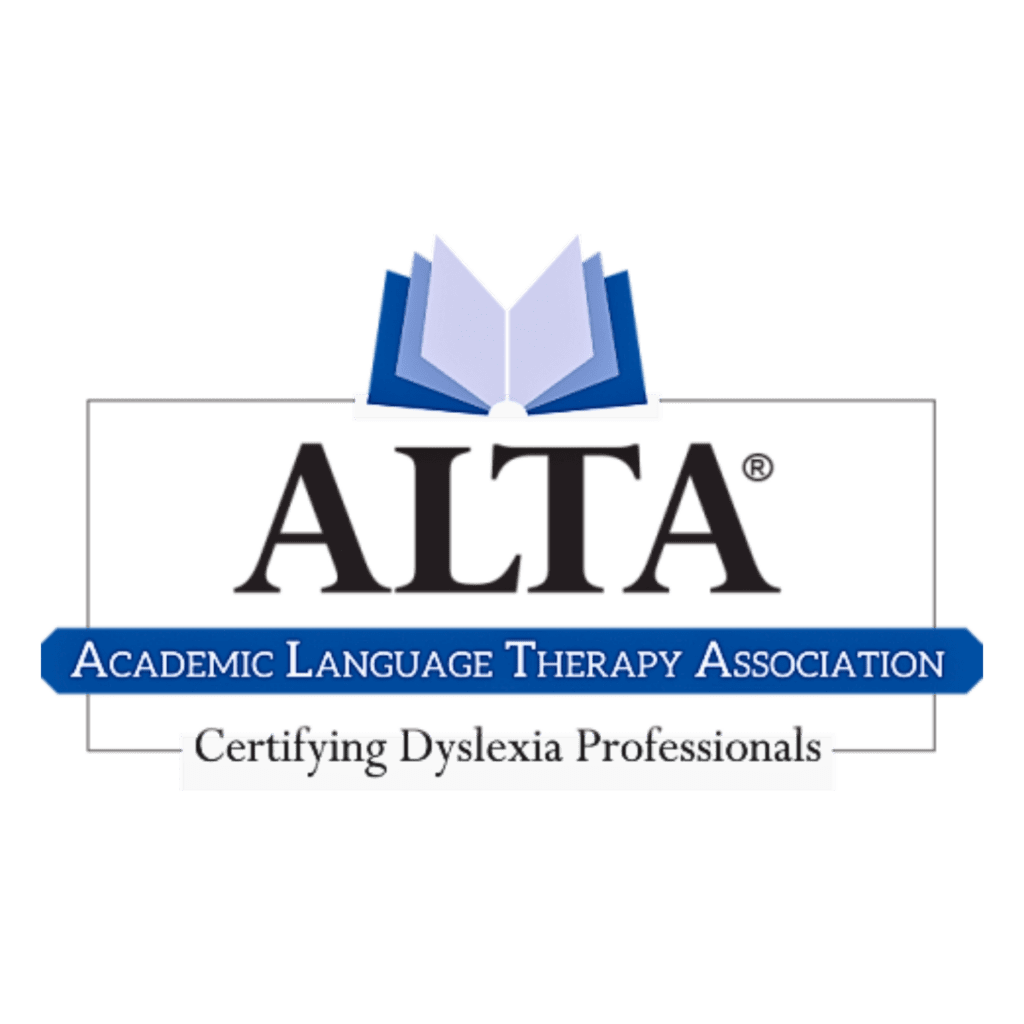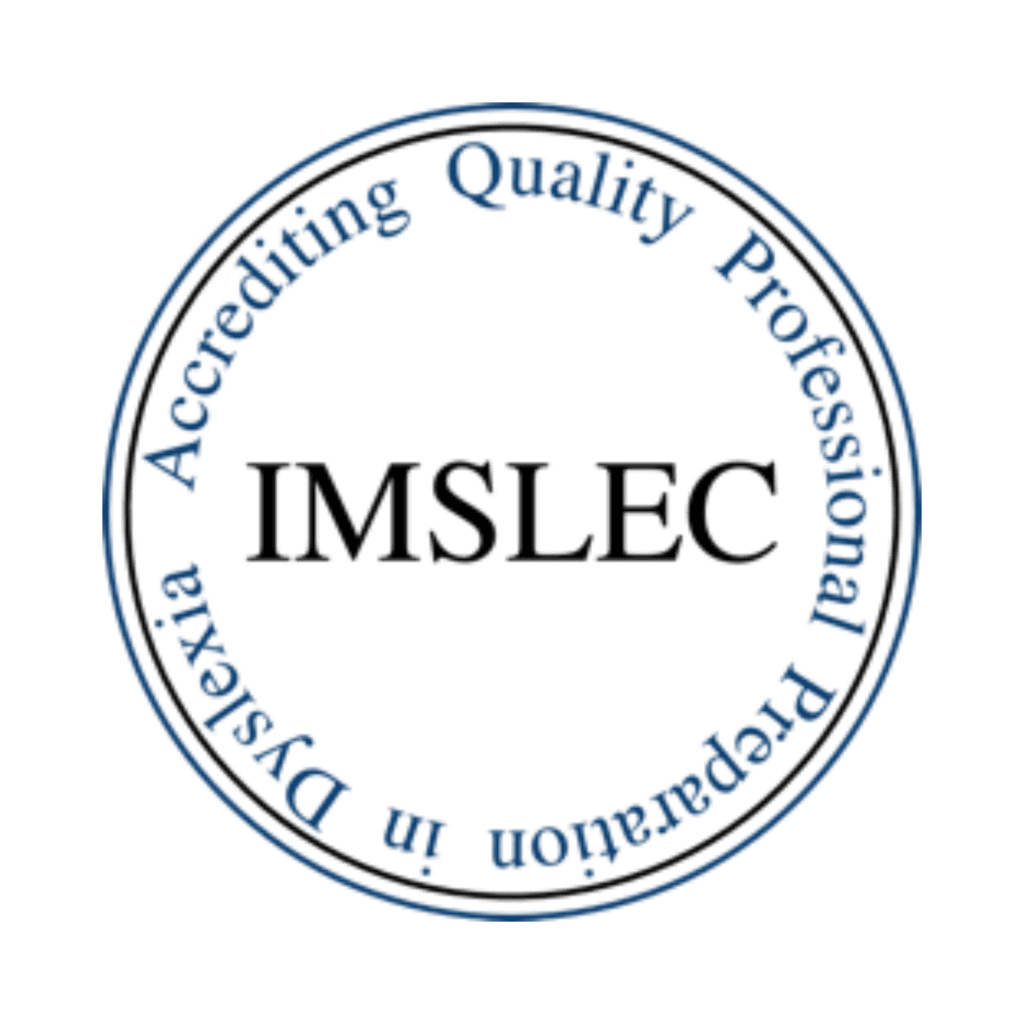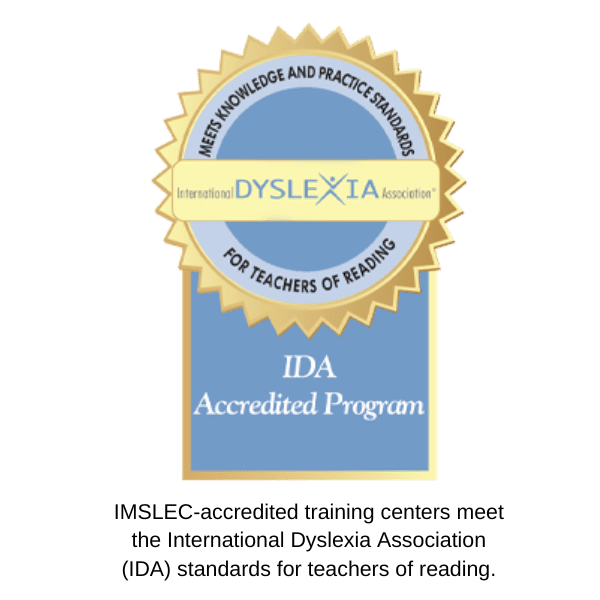What is Dyslexia?
“DYSLEXIA: The differences are personal, the diagnosis is clinical, the treatment is educational, the understanding is scientific.”— Margaret Byrd Rawson
Signs of Dyslexia
Signs of Dyslexia – The signs of dyslexia can appear as early as preschool. Whether you’re a parent or teacher— or think you might have dyslexia yourself—here’s what to look for, starting in the earliest years through adulthood.
[Source: The Yale Center for Dyslexia and Creativity]
Dyslexia Symptoms to Look For When Testing at Different Stages
Dyslexia is characterized by difficulty reading and spelling words. Although there is no cure for dyslexia, early diagnosis and intervention leads to better academic, social, and emotional outcomes.
Here are a few symptoms of dyslexia in children, teenagers, and adults.
[Source: Western Psychological Services (WPS)]

Dyslexia Symptoms to Look For When Testing at Different Stages
Accommodations for Students with Dyslexia
Accommodations for Students with Dyslexia: Accommodations, provided for both testing and instruction, change the way students access information and demonstrate their knowledge, skills, and abilities; they do not change academic standards or expectations.
[Source: The International Dyslexia Association (IDA)]
What is Dyscalculia?
DYSCALCULIA: A formal definition published by the American Psychiatric Association (2013) defines dyscalculia: Developmental Dyscalculia (DD) is a specific learning disorder that is characterized by impairments in learning basic arithmetic facts, processing numerical magnitude and performing accurate and fluent calculations. These difficulties must be quantifiably below what is expected for an individual’s chronological age, and must not be caused by poor educational or daily activities or by intellectual impairments.
What is a Certified Academic Language Therapist (CALT)?
CALT is a professional credential to describe an individual who has the expertise to provide services to individuals who have difficulty acquiring the basic language skills necessary to read, write and spell. CALTs have a deep knowledge of the structure of the English language and the experience to apply these skills in creating an individualized treatment plan for the remediation of dyslexia and related learning disorders.
What is Take Flight?
Take Flight: A Comprehensive Intervention for Students with Dyslexia is a two-year Orton-Gillingham based curriculum written by the staff of the Luke Waites Center for Dyslexia and Learning Disorders at Texas Scottish Rite Hospital for Children in Dallas.
Strategies to Improve Word Reading Skill in Struggling Readers
Effective reading comprehension requires mastery of word recognition. There are several strategies that can help struggling readers improve their word-reading skills.
Think of reading progression like a building: effective techniques make for a strong structure, while ineffective techniques lead to instability.
[Source: Western Psychological Services (WPS)]

Strategies to Improve Word Reading Skill in Struggling Readers




